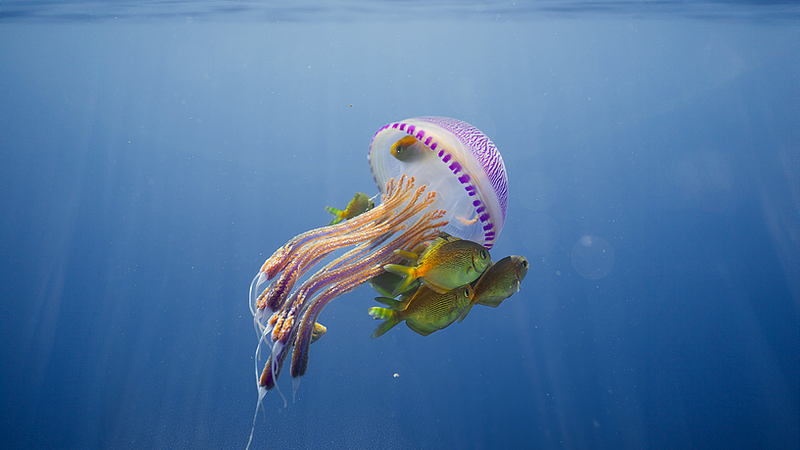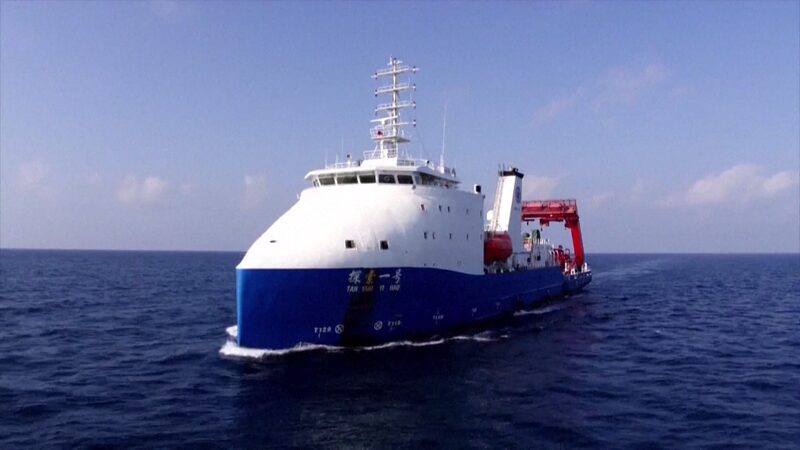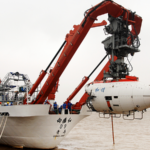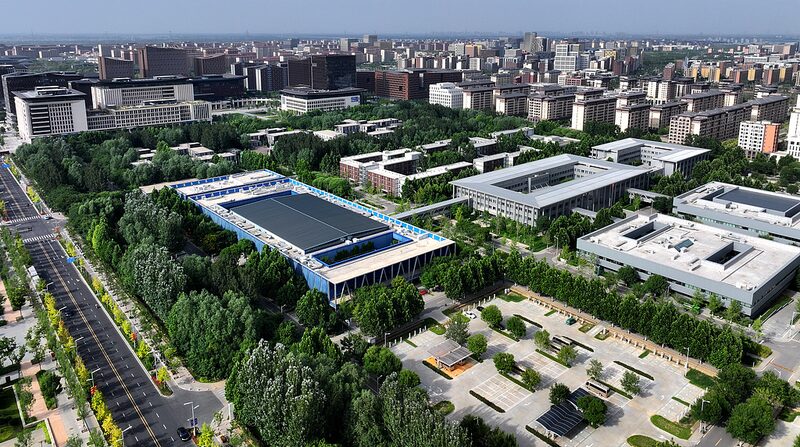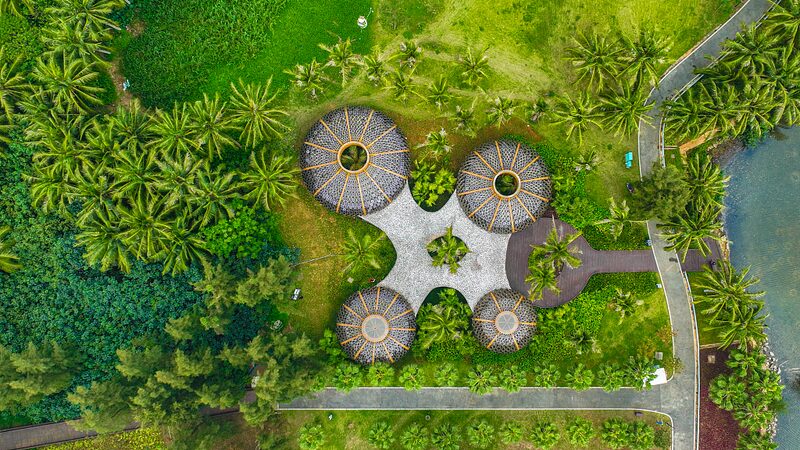As World Oceans Day dawns on June 8, the world turns its gaze to Earth’s life-sustaining waters – home to 94% of all lifeforms and a critical regulator of global climate systems. From bioluminescent creatures in the midnight zone to robotic submersibles mapping uncharted trenches, humanity’s relationship with the seas is entering a transformative phase.
Biodiversity Beyond Imagination
Recent discoveries reveal oceans host over 2.2 million species, with scientists estimating 91% remain undocumented. The Mariana Trench’s translucent snailfish and thermal vent-dwelling ‘ghost octopus’ underscore nature’s adaptability, while coastal mangroves demonstrate how marine ecosystems sequester four times more carbon than rainforests.
Technology Meets Conservation
AI-powered drones now track illegal fishing across 1.5 million square miles of protected waters, while satellite networks monitor coral bleaching in real time. The global blue economy, valued at $2.5 trillion annually, sees growing investments in sustainable aquaculture and tidal energy projects across Asia’s coastal nations.
Regional Cooperation Accelerates
ASEAN’s new marine debris initiative removed 12,000 tons of plastic waste last year, while cross-border research teams develop heat-resistant coral hybrids. “Our oceans don’t recognize political boundaries,” notes marine biologist Dr. Anika Varma. “Effective conservation requires shared innovation – from Japan’s tsunami-resistant seaweed farms to India’s community-led reef restoration.”
Reference(s):
cgtn.com
